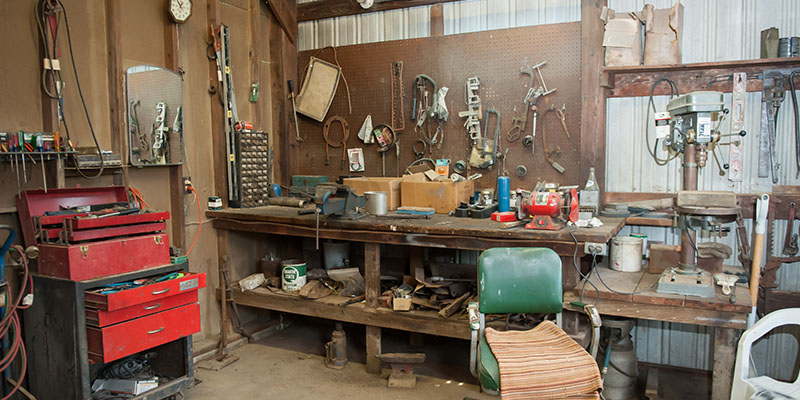
Benefits of Insulating your Pole Barn
Insulating your pole barn can be of great benefit to you. On average, the life expectancy of a pole barn is 40-60 years, however, with the right care and maintenance, this can extend to 100 years, essentially doubling the life expectancy. The benefits of pole barn insulation depend on the type of insulation you use.
So, what does proper care look like? Well, one from of pole barn care can be in the form of insulation. By correctly installing insulation in your pole barn, you can reap many benefits.
Some benefits of pole barn insulation are moisture control, temperature regulation and added structural integrity. From these values alone, you can see how they can extend the life expectancy of your property. Therefore, it may be worth considering insulating your pole barn.
Different types of insulation will have varying pros and cons on your pole barn, so we will look at the three most common types of insulation materials for pole barns, and assess their pros and cons. These three forms of insulation are Foam Board, Spray Foam and Fibreglass insulation.
Types of Pole Barn Insulation
Foam Board
These boards are rigid panels which are commonly made from polystyrene. They are typically used to insulate exposed walls and can be easily placed and fitted to provide insulation benefits. Rigid foam boards can also be provided in various lengths, facings and thickness, to provide you with the ideal choice for your insulation needs.
Pros
- Doesn’t use HCFC in production, making it a more sustainable insulation material.
- Polystyrene foam boards are cost-effective.
- Rigid foam boards are made to be water-resistant, limiting moisture and possible mould growth.
- Foil-facing rigid boards provide additional insulation benefits and added structural benefits.
- With enough knowledge, they can be installed yourself, although we always recommend using a professional to make sure that you get the maximum benefits from the insulation product.
Cons
- Joints between boards need to be filled in order to seal and prevent air flow.
- Expanded boards can collect moisture due to their air bubbles.
- Rigid boards are slightly more expensive than traditional insulation products.
- Foam boards need to be custom sized to fit areas of your pole barn.
Closed-Cell Foam Insulation
Closed-cell foam insulation is highly durable, making it ideal for barns where they are susceptible to being damaged.
Pros
- Creates a complete air seal of the structure around the insulation.
- Is not an edible material for rodents and pests.
- Safe to use for the environment.
- Class 1 fire rated.
- One of the most durable forms of insulation.
- Regulates temperatures and humidity levels.
- Doesn’t hold water, therefore, prevents mould.
- Helps reduce monthly energy bills.
Cons
- It requires a professional to successfully install the insulation.
- It is more expensive than traditional forms of insulation.
Fibreglass
This insulation material is composed of fine glass fibres that product superior insulation capabilities. It is a more traditional form of insulation and, as such, it can be installed by yourself, however we do recommend using a professional for the safest and most effective method.
Pros
- Inexpensive form of insulation compared to other materials.
- Traps temperature transfer in the material.
- Can be installed by an experienced handyman as opposed to a professional.
Cons
- Requires the use of protective clothing as it can cause itching and irritation.
- Doesn’t reinforce the structure of a pole barn.
- Doesn’t protect against moisture build up, therefore, mould growth.
- Fibreglass is not as long-lasting as other insulations and will need to be replaced.
- It can cause respiratory issues if inhaled.
Insulating your Pole Barn
If you need a pole barn, or any other commercial property, insulated, then come to us for expert and experienced advice.
At Eco Spray Foam Systems, we can provide the advice and knowledge you need, to know exactly the best route to take for your next insulation project.
Additionally, you can request a free survey and consultation with us.


